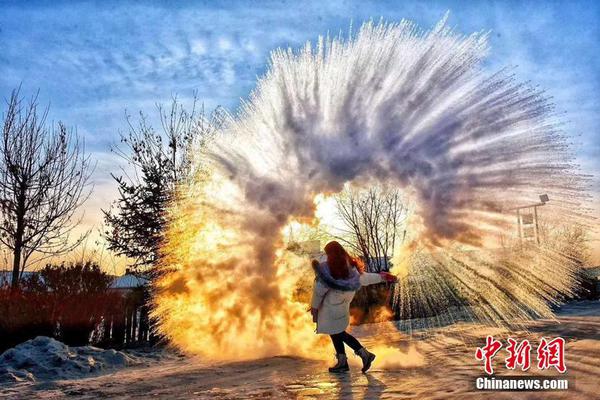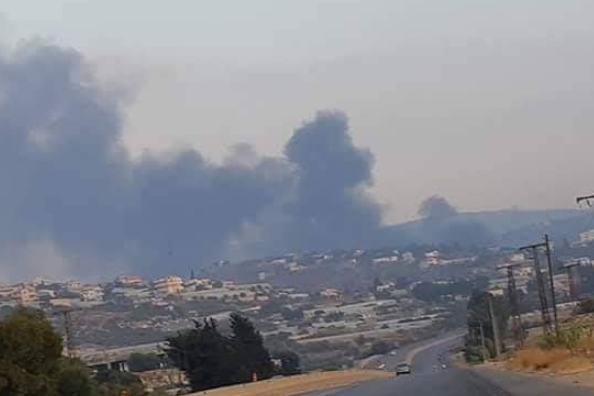【?? ?? ??】Beloved Registrar Leaves $1 Million to Pomona College for Student Scholarships

CLAREMONT — Masago Armstrong helped thousands of students stay on track during her 30 years as registrar of Pomona College in Claremont.
Now, leaving a $1 million gift for scholarships at her passing, Armstrong will continue to shape students’ lives for years to come.
The daughter of Japanese immigrants, Armstrong found her world upended in 1942 during World War II when her entire family was sent to a U.S. government incarceration camp, where her mother died.

In time, Armstrong rebuilt her life and went on to shape the academic lives of generations of students during her tenure as Pomona College registrar from 1955 to 1985. During her long career, Armstrong helped guide 8,752 students through to graduation.
Coming from an administrator whose work unfolded behind the scenes, the bequest is a testament to the close-knit community at this small residential college — and to the extraordinary nature of Armstrong, who passed away last year at the age of 102.
“Masago Armstrong was known for her skill and diligence as registrar and for her kindness and care for Pomona students,” says Pomona College President G. Gabrielle Starr. “This endowed scholarship will honor her mother’s memory and support generations of students with financial help to attend Pomona.”
Masago Shibuya Armstrong was born in Menlo Park, near Palo Alto, one of six siblings, working on the family’s flower farm. Her parents, determined that all their children would attend college, saw most of them off to nearby Stanford, where Masago graduated with a master’s degree in 1941.

Her father, Ryohitsu, and mother, Towa, were both born in Japan and came to the U.S. in 1904. Masago’s father is said to have arrived with just $60 in cash and a basket of clothes. Together with his wife and children, the family built a thriving flower business renowned for its prized chrysanthemums.
The Shibuyas’ hard-won prosperity was interrupted by catastrophe in April 1942. Due to the executive order issued by President Franklin D. Roosevelt, the entire family was sent to temporary quarters at Santa Anita Racetrack in Arcadia, and then moved to the detention camp for Japanese Americans at Heart Mountain in Wyoming. Tragically, her mother died there at the age of 51, and the family would not return to their Menlo Park home until April 1945.
Even decades after retiring, Armstrong stayed close to Pomona’s campus as a local resident of Mt. San Antonio Gardens up until her death last fall.






Related Articles